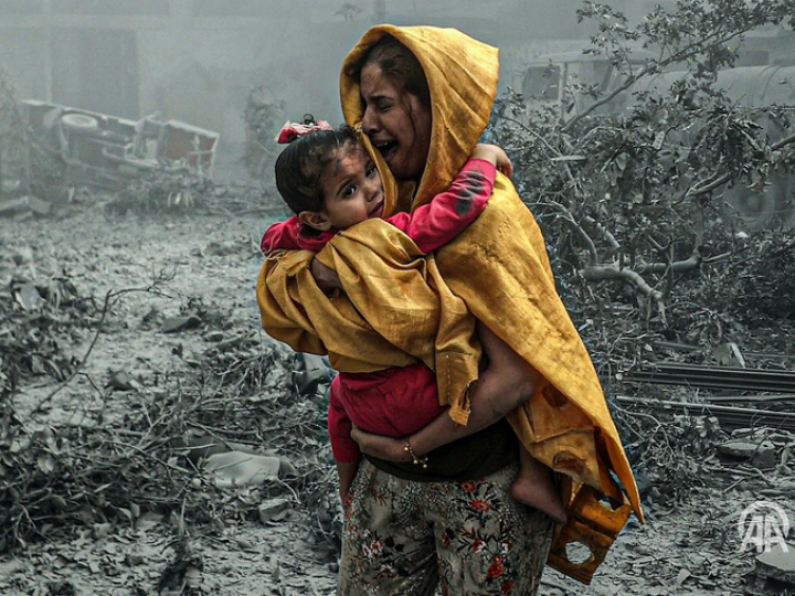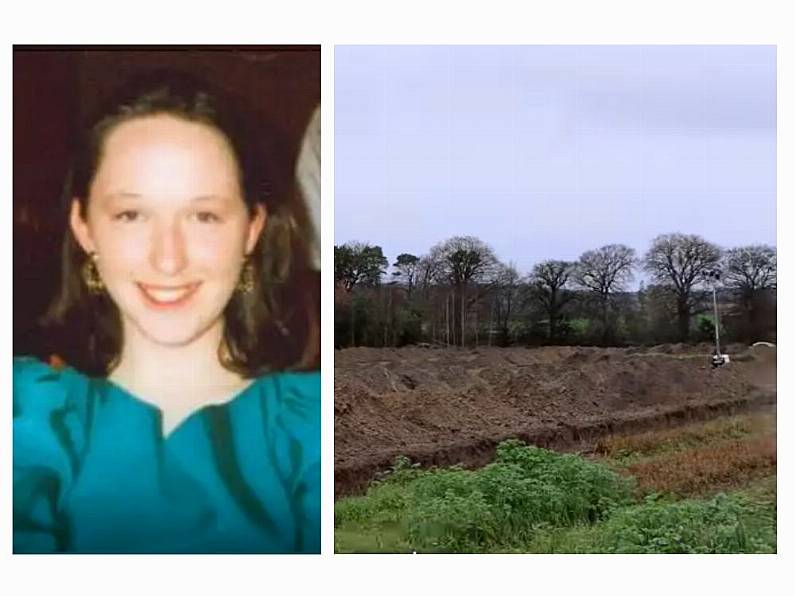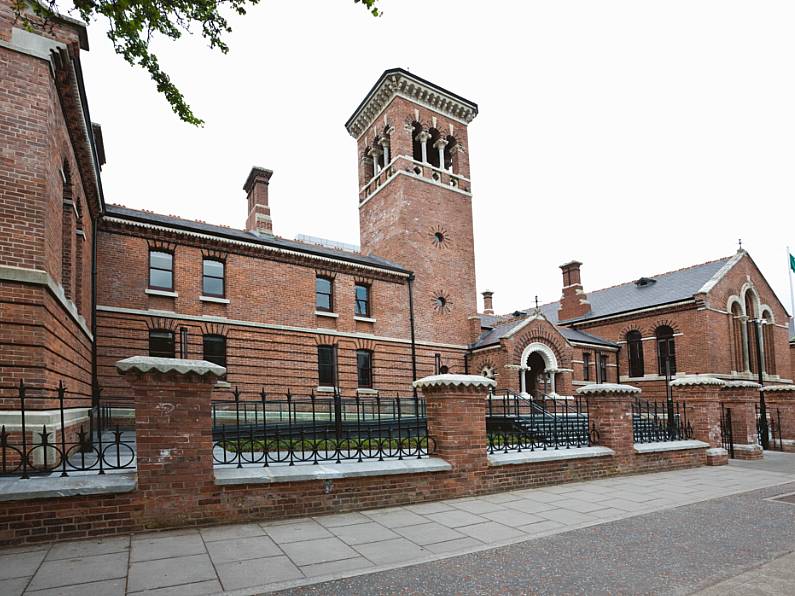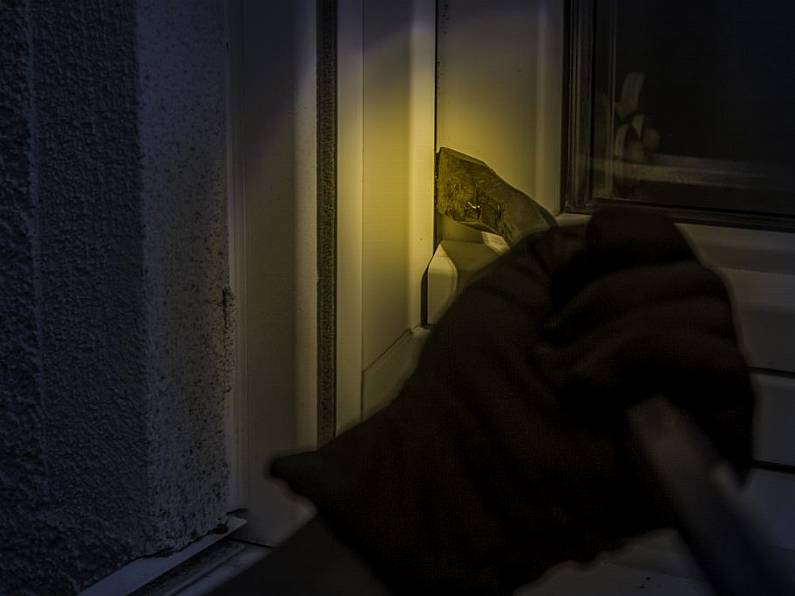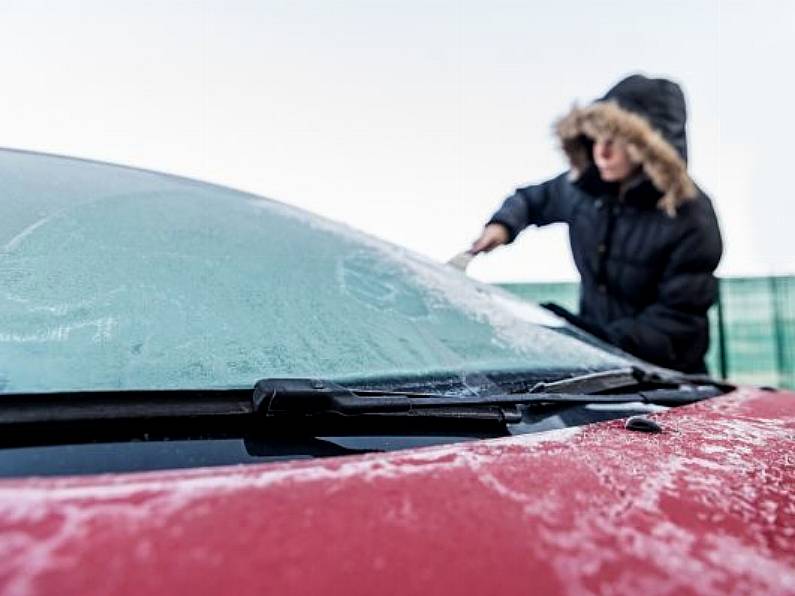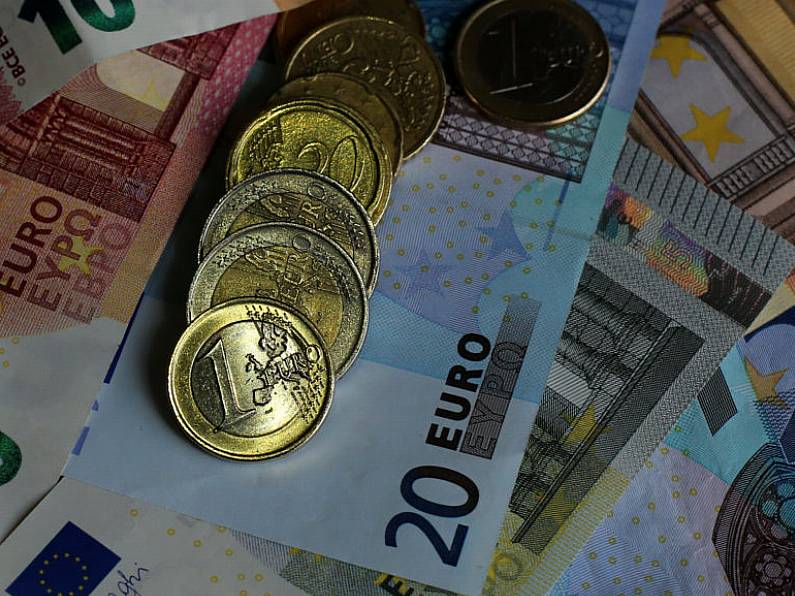Amid the ongoing crisis in the Gaza Strip, Palestinian influencers are actively engaging in sharing information about the impact of war.
Ahmed Hijazi, a Palestinian content creator with an Instagram following exceeding 980,000, was among the initial responders to reach Gaza City's al-Rimal neighbourhood shortly after Israeli airstrikes inflicted extensive damage, reducing the upscale area into a mere shadow of its former self.
Once characterized by trendy cafes, boutiques, apartment buildings, and villas, the neighbourhood was targeted by bombings, resulting in a trail of destruction, debris, shattered glass, and ruined structures.
Hijazi has dedicated himself to documenting and communicating the ongoing situation to the world.
View this post on Instagram
"There is nothing left in Gaza. The war has destroyed any beauty and has devastated so much," Hijazi explained in a conversation with Al Jazeera.
Before the conflict, his social media presence focused on spotlighting community initiatives and portraying life in Gaza, with all its beauty, despite the ongoing sixteen-year blockade and hardships.
Today, he shares videos from within hospitals, revealing terrified children in excruciating pain who survived attacks on their homes. His content also captures doctors grappling with exhaustion as they face the toll of death and injuries among their loved ones.
"What we're witnessing will never leave me," he shared. "What affected me the most was the newborn baby whose entire family was killed, the children selling black pepper at the doors of the UNRWA schools their families fled to, and the injured child who was consoling his father in the hospital."
Battling algorithmic restrictions
Like many others who share content related to Palestine, Hijazi has encountered challenges with his content being subject to shadow-banning. Shadow-banning is a situation in which the platform limits the visibility of a user's content without prior notification.
"My account has been closed twice, my followers' access to my posts has been restricted, and my content, including photos and videos, has been hidden," he mentioned.
Meta, the parent company of Facebook and Instagram, has stated that it is taking measures to monitor content during the conflict and has imposed a ban on support and praise for Hamas on its platforms.
However, Meta has faced allegations from Palestinians and others, suggesting that the platform's content restrictions may reflect a perceived pro-Israel bias often associated with Western media coverage.
Hey @Meta, why are you actively censoring the brutality of Hamas?
Why won’t you let us post pictures and videos of what’s happening?
Why have you not responded to us with an official statement on your policies? pic.twitter.com/Y7CzIWQxQa
— Dan Crenshaw (@DanCrenshawTX) October 12, 2023
The comedian who cried
Mahmoud Zuaiter, known as the Minister of Happiness to his more than 600,000 followers, is a comedian who co-founded the comedy group Tashweesh in Gaza City in 2012. He has used satire to keep people smiling and laughing.
Zuaiter, whose followers have surged by tens of thousands since the onset of Israel's bombardment of Gaza on October 7.
He underlines the importance of ensuring that content from Gaza reaches a global audience, extending beyond Arab countries.
"We've noticed that Palestinian content in Arabic is limited to Arab countries and needs to be translated," he added. "Influencers here having good English skills is a great help because their role is to convey our situation to the world."
The 37-year-old, who previously posted comedy sketches, acknowledges that the current situation is extremely challenging, with little joy to be found.
"One of the most emotional scenes I witnessed was people fleeing with minimal belongings from north to south," he recounted. "I cried when I saw people leaving."
Press
Ali Jadallah, a photographer who had previously covered Israeli offensives in Gaza since 2008, suffered a devastating loss when an Israeli missile struck his family's apartment building in Gaza City. His three younger brothers and his father lost their lives, leaving his mother as the sole survivor.
A widely circulated video depicted Jadallah mourning the destruction of his family's home, with his sister's body still trapped beneath the debris.
View this post on Instagram
Motaz Azaiza, a photojournalist with over a million Instagram followers, filmed the aftermath of an Israeli attack on his family home in the Deir al-Balah refugee camp.
At least 15 family members, mostly women and children, lost their lives, including two of his younger cousins.
Social media users in Gaza are determined to share the truth about the shortage of water, food, electricity, and communication within and outside the Gaza Strip. However, with limited network connectivity, many people are resorting to hospitals with generators to charge their phones and devices.
"Everyone cares about staying in touch, not just with the world but with their own families who fled their homes," Ahmed Hijazi said.
David Bjelac
Keep up to date with all the latest news on our website Beat102103.com.
